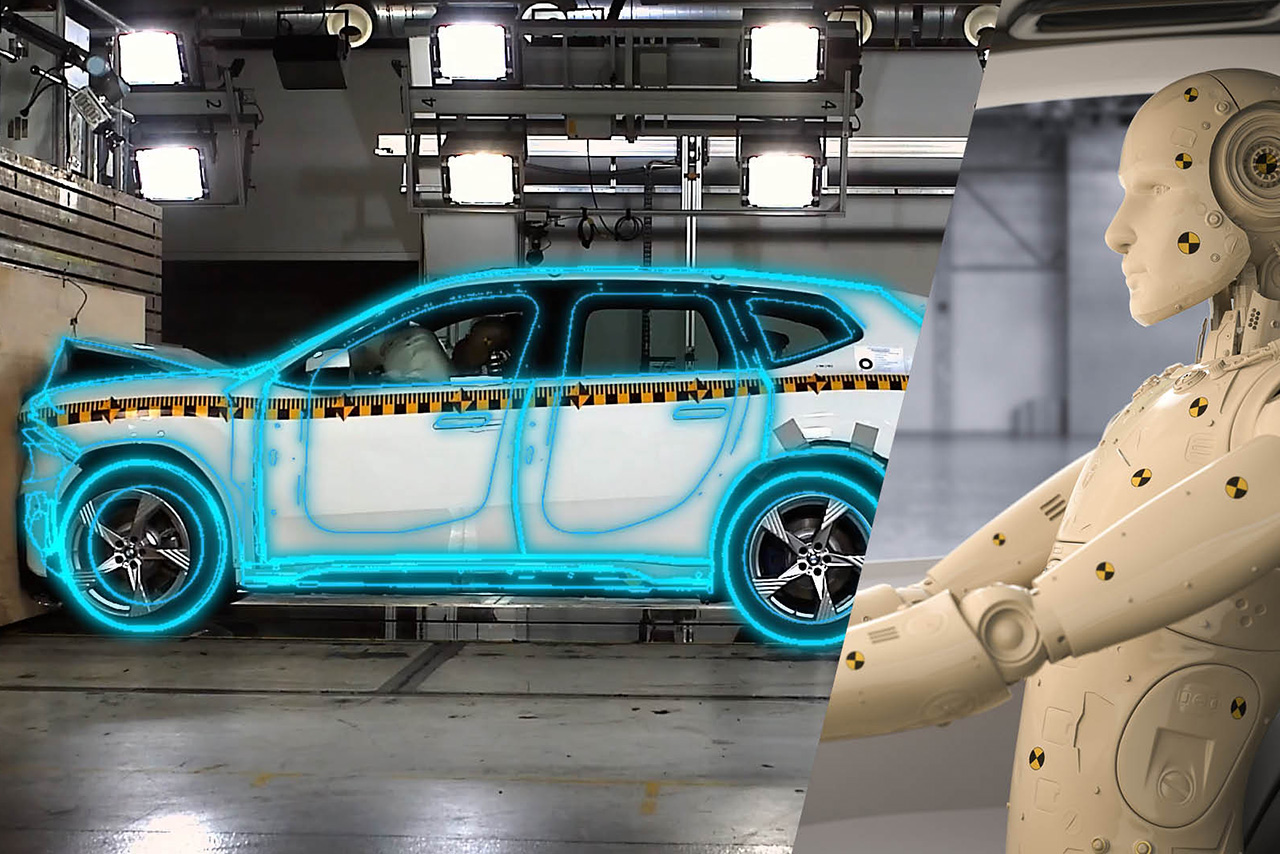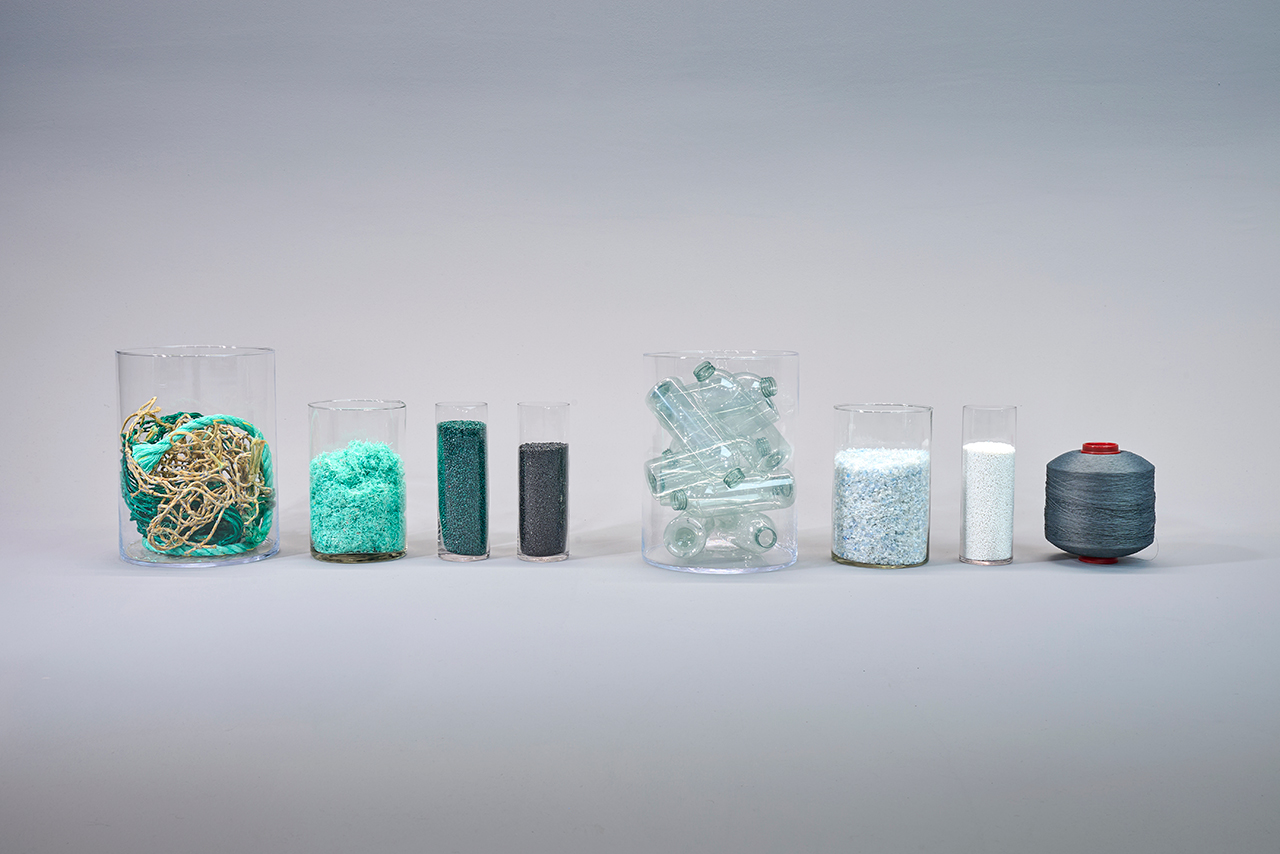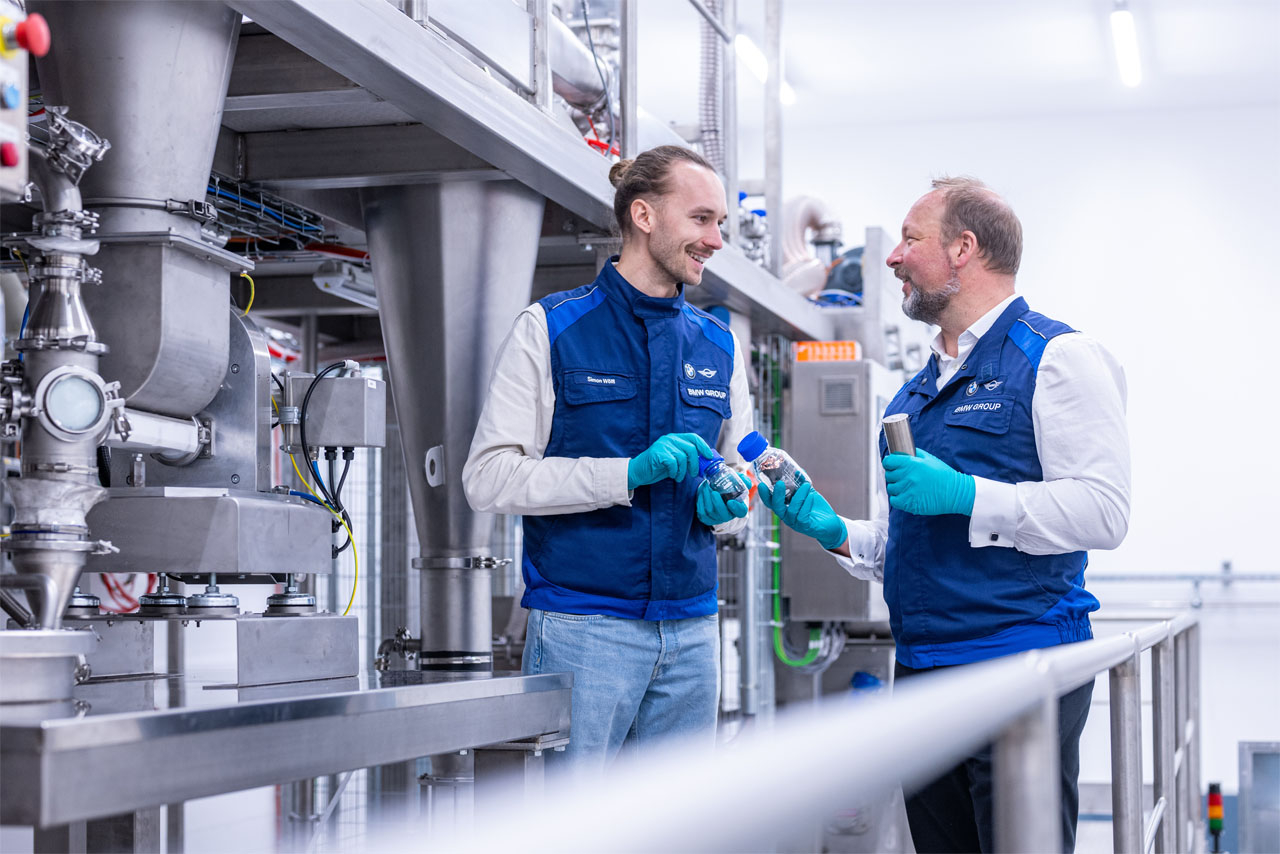Mr. Wick, Mr. Pflugfelder: How would you describe a quantum computer in layman’s terms?
Wick: Classic computers – from laptops to smartphones – process information in a binary system that uses so-called bits – from ‘binary digits’
– with a value expressed either as 0 or 1.
In quantum computers, the smallest unit of information is called a qubit – short for ‘quantum bit’. These qubits can be much more than just 0 or 1. In quantum computing, quantum-mechanical phenomena, with names like ‘tunnelling’, ‘quantum entanglement’ and ‘quantum interference’, are used to speed up certain computing operations. This means a qubit can be put in a state that can also take on values between 0 and 1 – theoretically, an infinite number at the same time. This is referred to as a superposition state.
Pflugfelder: With quantum entanglement, it is theoretically possible to map a previously unthinkable amount of data and process it at high speed. In our research, for example, we considered a problem where there were theoretically 10107 possible solutions: calculating the optimal route for a robot that seals weld-seams on cars. This exercise would take current state-of-the-art computers several years. Quantum computers, on the other hand, can calculate all the possibilities within just a few seconds.
That sounds very promising. Is it already possible today?
Pflugfelder: These are highly complex machines and development is still in the early stages. We also have to translate use cases with a completely new kind of algorithm development so that they can be solved in a quantum system.
Wick: If we think back 80 years or so, the first computers initially relied on room-filling hardware with horrendous energy consumption. Many experts were sceptical about the new technology at the time. These systems have undergone tremendous development since then and modern computers have found their way into almost all areas of life, becoming indispensable in the process. A modern smartphone has more computing power than NASA had access to for the lunar landing programme at that time.
So, the quantum computer’s hour of glory is still some way off?
Pflugfelder: Definitely. And quantum computers aren’t necessarily right for every kind of task. They currently tend to be used for problems where our classic systems come up against an insurmountable barrier. In materials research, for example, quantum computers can simulate the behaviour of material combinations at an unprecedented level, e.g. for development of new kinds of batteries.
Another field of application for existing quantum systems is tasks involving optimisation – for example, with our painting robots. The aim is to find the optimal configuration of certain systems. Production lines and traffic control systems could be additional application areas.
A really fast-growing field of research is so-called quantum machine learning, where quantum computers are used to accelerate certain classic machine-learning processes. These new kinds of learning processes for artificial intelligence could be particularly useful in autonomous driving.


















